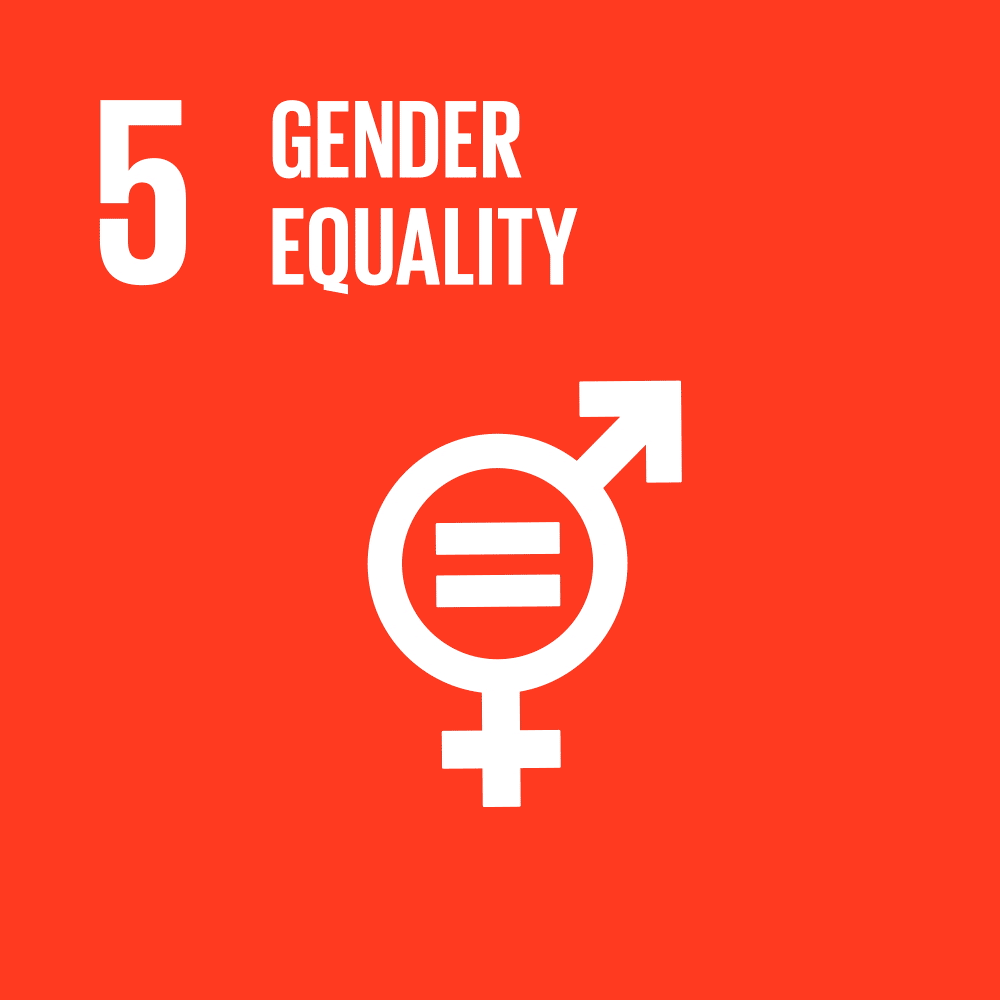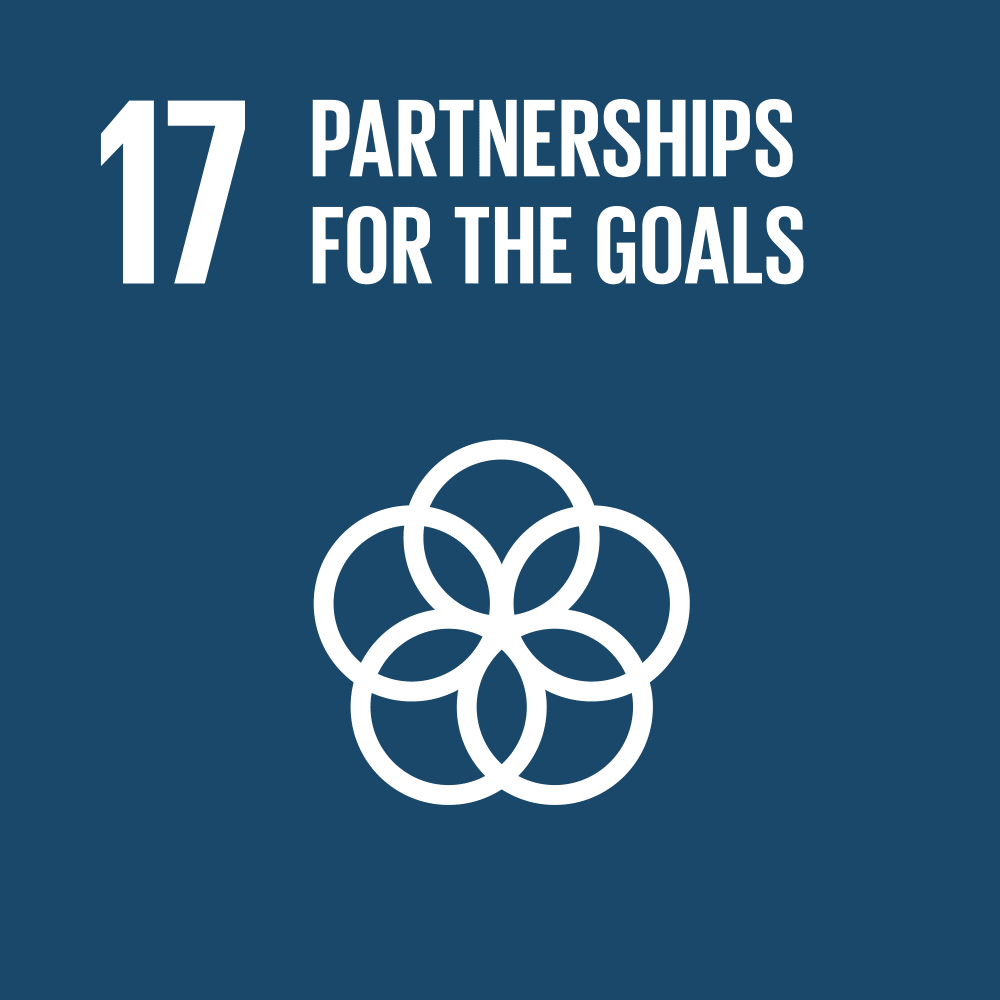Repository of Practices

Betting on the empowerment of migrant women to promote inclusion
Dates
Type of practice
Geographic scope
Country:
Regions:
Sub Regions:
Local:
Summary
In recent years, Ecuador has become a receiving country for a migrant population, with the largest number of refugees in the region, as a result of the Colombian conflict and the humanitarian crisis in Venezuela. According to UNHCR, since 2000 Ecuador has hosted the largest recognized refugee population in Latin America and the Caribbean. As of December 31, 2021, 72,033 people have been recognized as refugees.
The border area has been the main recipient of the population in need of international protection, with an emphasis on risks of gender-based violence, mainly women and girls. Situation that is exacerbated in the territories where there is armed conflict, drug trafficking and greater insecurity combined with the absence of protection, essential services, and justice systems. During the lockdown, migrant and refugee women have perceived an increase in conflict and violence within their households, indicating a greater probability of an actual increase in violence, which should be monitored. 63% of refugee and migrant women reported that have suffered gender-based violence (GBV) by their current or last partner, and 8 out of 10 women have been victims of violence in the last 12 months.
One of the strategic objectives of the UN Women Caminando project is to strengthen capacities and generate economic opportunities for migrant, refugee, and host community women on the northern border of Ecuador and sensitize the private sector to promote labor inclusion; while working with humanitarian actors on GBV detection, and prevention for sexual exploitation and abuse (PSEA). This encourages a protective environment for migrant women. The project worked with 1500 women from Ecuador, Venezuela and Colombia to foster business plans and boost their professional capacities trough a cash for training (C4T) modality and the investment of seed capital for the startup proposals. The project is financed by the BPRM.
Organizations
Main Implementing Organization(s)
Partner/Donor Organizations
Benefit and Impact
Within this framework, capacity-building processes based on andragogic approach for the different target audiences identified in the intervention were developed. Women received training based on women's empowerment and personal development, addressing self-awareness, resilience, self-esteem, empathic-active listening and sorority. The second section focused on GBV, and women's rights. The full knowledge of their rights made it possible to empower the participants and promote spaces for inclusion and social cohesion in line with objective 16 of the MGC. Finally, 1,527 women complemented their training with the HIAS My Business methodology in which the business idea was collectively developed. Due to COVID-19 scenario, electronic commerce and co-responsibility of care modules where included based on Chile and Uruguay experience in these regards. It is important to emphasize that, of all migrants, refugee and Ecuadorian women, 62% reported suffered GBV at some point in their lives. 500 women received seed capital trough bank transfer with a monitoring plan and 600 women strengthen their professional profiles with specific vocational scholarships with certification and economic incentives that allow them to integrate in labour market. UN Women and HIAS trained 17 private companies from various sectors on the labor rights of migrant and refugee women and over 200 humanitarian actors in GBV prevention and PSEA. Finally, and with a view to closing the financial gaps, a guideline to migrant women and the financial sector was in place.
Key Lessons
In the implementation of the project, UN Women Ecuador identified the need to provide technical support to strengthen the capacities of counterparts in the implementation of the gender approach through close monitoring, training spaces and generation of tools. In this line, the intervention modality through a partnership (PCA) with a responsible party allows the agency to strengthen organizations, it is relevant to mention that the inclusion of the gender approach in humanitarian aid actions has been an identified gap by the R4V platform and is an element of special emphasis in the interventions.
The restrictions imposed by the National Government in the face of the health emergency prevented a face-to-face follow-up of the actions implemented. The Caminando Project team, together with its partner, had to respond to this scenario and identified virtual coordination and follow-up mechanisms such as weekly meetings, virtual accompaniment, among other actions, which allowed validating the application of the developed training methodology.
For the start of the project and considering that for UN Women Ecuador, the implementation of humanitarian actions represented a recent line of work, having interagency articulation allowed the adequate implementation of the actions, as well as the targeting of the ambitious goal established.
Recommendations(if the practice is to be replicated)
Innovation
Additional Resources
Media
Proyecto Caminando en Lago Agrio - Historia de Vida: Marielis
Date submitted:
Disclaimer: The content of this practice reflects the views of the implementers and does not necessarily reflect the views of the United Nations, the United Nations Network on Migration, and its members.
More Related Practices:
- Research on human rights violations against live-in domestic workers, and related Code of Good Practice
- Migration Lab for the domestic and home care sector
- Domestic Workers League of ACV-CSC Brussels
- Ferias y actividades multitudinarias vinculadas a trabajo con organizaciones de base
- Green Yoma for Youth on the Move
Peer Reviewer Feedback:
*References to Kosovo shall be understood to be in the context of United Nations Security Council resolution 1244 (1999).
Newsletter
Subscribe to our newsletter.


